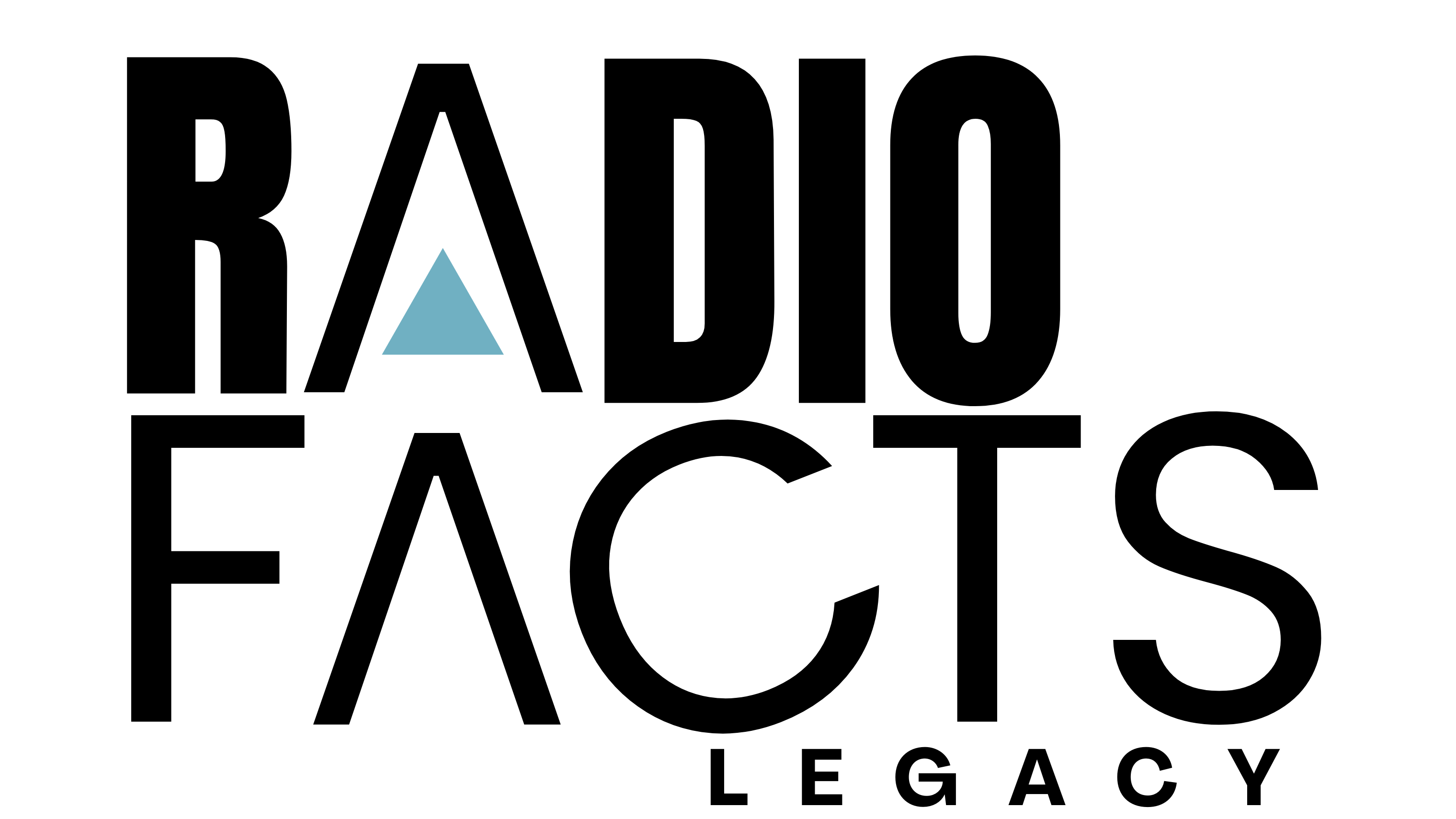Because of a sharp drop in corporate underwriting, National Public Radio has announced the elimination of 64 filled and 21 unfilled positions as part of cuts throughout the organization. Two shows, News & Notes and Day to Day, were canceled.NPR News announced Wednesday that it is canceling two daily radio programs — Day to Day and News and Notes — as part of a broader effort by the company to close a projected budget shortfall of $23 million for its current fiscal year. Overall, NPR will cut 7 percent of its work force and slash expenses further around the company.
“It’s a very difficult time for us all, but NPR is not exempt, unfortunately, from the recession that has covered our country in the last several months,” Dennis Haarsager, NPR’s interim president and CEO, said at its corporate headquarters in Washington, D.C. “We simply must react to it in a responsible way — and that’s what we’ve tried to do.”
The two shows will go off the air on March 20, and 22 journalists working for them will lose their jobs, including hosts Madeleine Brand and Farai Chideya. The shows are both based in Culver City, Calif., at NPR West, a major satellite operation.
Day to Day was designed as a midday complement to mainstays Morning Edition and All Things Considered , while News and Notes , a successor to The Tavis Smiley Show , was intended to draw more African-American listeners. Beyond the two shows, another 12 journalists will lose their jobs throughout NPR News.
Companywide, NPR is laying off 64 people and eliminating 21 other positions that are currently vacant. NPR News will still have more than 800 employees on staff, including about 300 journalists.
The shortfall was driven in large part by the erosion of corporate underwriting, Haarsager said. Earlier this year, budget planners counted on receiving $47 million from those corporate spots and online ads. Now, he said, the company projects that it will receive just $32 million in revenues for the current fiscal year.
Interest payments from an endowment created from the bequest of the late Joan Kroc, which have typically paid out about $10 million a year to NPR, were wiped out by the sharp downturn in the financial markets. However, NPR’s board authorized the company to draw down $15 million from the company’s operating reserves, most of which also came from the Kroc gift.
In interviews, company officials said they decided to try to make big, specific cuts to mitigate their effect on NPR’s ability to gather and report the news.
NPR has grown mightily in the past dozen years, thanks to the Kroc bequest but also to sharp rises in listening audiences and corporate underwriting. NPR has expanded beats and added domestic and foreign bureaus at a time when many of its peers and competitors have scaled back their journalistic ambitions. It has been among the few American news organizations to have correspondents based both in Iraq and Afghanistan.
“This is a hard day for NPR,” said Ellen Weiss, NPR’s senior vice president for news. Despite the bad news on the revenue front, the on-air and online audience for NPR is up significantly, she said. “At many levels, NPR’s best resources are its people. There isn’t a single individual person who isn’t going to feel pain today,” Weiss said. She spoke while traveling in California to meet with employees at NPR West.
But she stressed that canceling the shows should protect NPR’s journalistic core and its mainstay news magazines, including All Things Considered and Morning Edition . Haarsager says it is his hope that these cuts forestall future ones down the line, but he says he believes the economic pressures will continue to confront NPR for several more years.
The moves constitute a marked but not total retreat from the big growth at that California facility during the past five years. Journalists for Morning Edition and the news division’s national desk will continue to work at NPR West.
Public radio consultant John Sutton says NPR’s embrace of funds from corporate underwriters during boom times makes it more subject to market forces than it has ever been. He argues that spending is too high throughout the larger public radio system, and he foresees, if anything, more of a shakeout in how that system is funded.
“Public radio as a whole is still largely based on an infrastructure that is still 20 years old,” Sutton says. “It is probably bigger than it should be, given the technology and the way the media marketplace is going.”
Until recently, however, NPR seemed to many analysts largely insulated from the severe economic shocks buffeting newspapers and other media companies.
Newspapers have undergone waves of layoffs and buyouts. The Tribune Co., owner of such newspapers as The Los Angeles Times , The Chicago Tribune and The Baltimore Sun , along with 23 local television stations, declared bankruptcy earlier this week. And The New York Times Co. announced that it would borrow up to $225 million against the worth of its new headquarters in midtown Manhattan.
By that scale, NPR’s reckoning is far smaller. But executives say they recognize that offers no solace to staffers, listeners and member stations.
“We would not have made this decision to cancel News and Notes and Day to Day ” in normal times, said Dana Davis Rehm, NPR’s senior vice president for strategy and partnerships. “This is driven entirely by the economic crisis that’s swirling around us and every other company in the nation and maybe the world.”




















